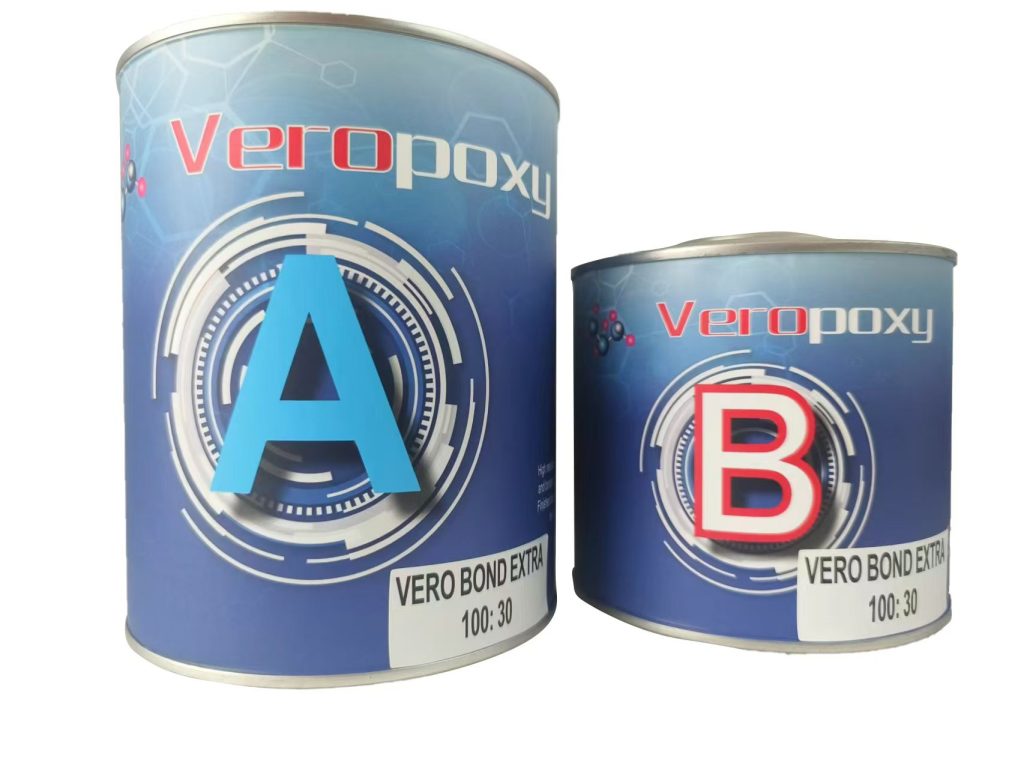Quartzite, a metamorphic rock prized for its beauty and strength, has become a favored choice for high-end surfaces in homes and commercial spaces. Although quartzite has great resistance to weathering and durability, some chemicals may cause it to fade over time or compromise its flawless look. Here is where epoxy resin composites truly revolutionise. Creating a composite with epoxy resin gives quartzite a fresh layer of protection, so improving its resistance to many different chemical agents. We shall investigate in this paper how epoxy resin improves the chemical resistance of quartzite, so offering a closer view of the mechanisms, advantages, and possibilities of this creative material combination.

epoxy resins
Understanding Epoxy Resin Composites on Quartzite
One versatile polymer with great adhesive strength, durability, and chemical resistance is epoxy resin. Applied as a composite layer on quartzite, epoxy improves structural integrity and acts as a barrier protecting the stone from chemical contact. This combination produces a strong, aesthetically pleasing material that can resist physical impact, extreme temperatures, and harsh chemicals. Particularly helpful in places like labs, kitchens, and factories where chemical spills or exposure is a concern is the resulting epoxy-quartzite composite.
The Science Behind Chemical Resistance in Epoxy-Quartzite Composites
The special molecular structure of epoxy helps to explain its great chemical resistance. As a barrier against different chemical agents, the dense, cross-linked network of polymers formed by the resin serves Epoxy impervious to many solvents, acids, and bases is this tightly bonded structure that keeps these compounds from penetrating or reacting with the quartzite surface under contact. Epoxy almost non-porous when cured forms a shield that strengthens chemical defences and preserves the natural texture and colour of quartzite.
In composite form, the combination of epoxy with quartzite goes a step further. Quartzite is already strong; its hardness matches that of granite. It is therefore even more appropriate for settings where exposure to strong acids, alkalis, or solvents could otherwise damage treated stone surfaces since adding a layer of epoxy increases an additional degree of chemical resilience. The end effect is a surface with increased durability and chemical resistance by combining the finest features of quartzite and epoxy.
Benefits of Using Epoxy Resin Composites on Quartzite Surfaces
Enhanced Protection Against Corrosion: The epoxy layer acts as a protective shield against corrosive substances. In industrial or laboratory environments, where quartzite surfaces might come into touch with strong acids or alkalis that could otherwise gradually erode the stone, this is especially helpful.
Resistance to Staining and Discoloration: Many chemicals can stain or discolor natural stones. The non-porous character of cured epoxy keeps staining agents from penetrating the quartzite, so preserving the stone’s visual attractiveness even in demanding surroundings.
Extended Durability: Quartzite is already durable, but with an epoxy composite layer, it becomes even more resistant to surface wear, scratches, and minor impacts. In high traffic areas or places where surfaces are regularly exposed to chemicals, this combo is especially helpful.
Because epoxy resists grime and chemical residue buildup, epoxy-coated quartzite surfaces are easier to clean and demand less maintenance. This is particularly helpful in environments where frequent cleaning required results from regular exposure to possibly corrosive agents.
From counters in kitchens to surfaces in labs, epoxy-quartzite composites find use in a range of settings. Their chemical resistance expands their possible applications in fields where high corrosion resistance materials would be required.
Challenges and Considerations for Epoxy-Quartzite Composites
While epoxy offers enhanced chemical resistance, there are some challenges to consider. Epoxy can be sensitive to UV light, thus continuous sunlight may cause it to yellow or fade with time. This emphasises the need of using UV-resistant epoxy formulations or thinking through the location of epoxy-quartzite surfaces in places with limited direct sunlight. Applying epoxy also calls for dexterity and accuracy to prevent flaws like uneven layers or bubbles, so influencing the appearance and durability of the stone. Fortunately, new formulations with improved UV resistance and simplicity of application are addressing these problems by means of developments in epoxy technology.
Future of Epoxy Composites in Quartzite Applications
The continued development of epoxy technology points to exciting possibilities for quartzite surface applications. Emerging epoxy resin formulations seek to lower curing times, improve UV stability, and increase flexibility for complex surfaces, so enhancing the material’s appeal for use in stone workmanship. The range of applications for epoxy-quartzite composites will probably widen as epoxy resins grow more ecologically friendly and flexible, so creating new prospects in both domestic and commercial design.

Epoxy Resin
An amazing improvement to quartzite surfaces, epoxy resin composites improve their chemical resistance, durability, and adaptability in demanding conditions. Combining the protective properties of epoxy with the inherent beauty and strength of quartzite makes this composite material a powerhouse for chemical resistance. This development not only makes quartzite a good option in places subjected to strong chemicals but also lowers maintenance requirements and extends the lifetime of the stone. Epoxy resin’s contribution to stone surface enhancement is expected to become more important as we advance, producing increasingly strong, beautiful, and long-lasting materials for a variety of uses.
Post time: 11 月-11-2024

